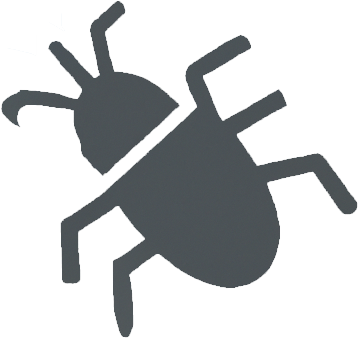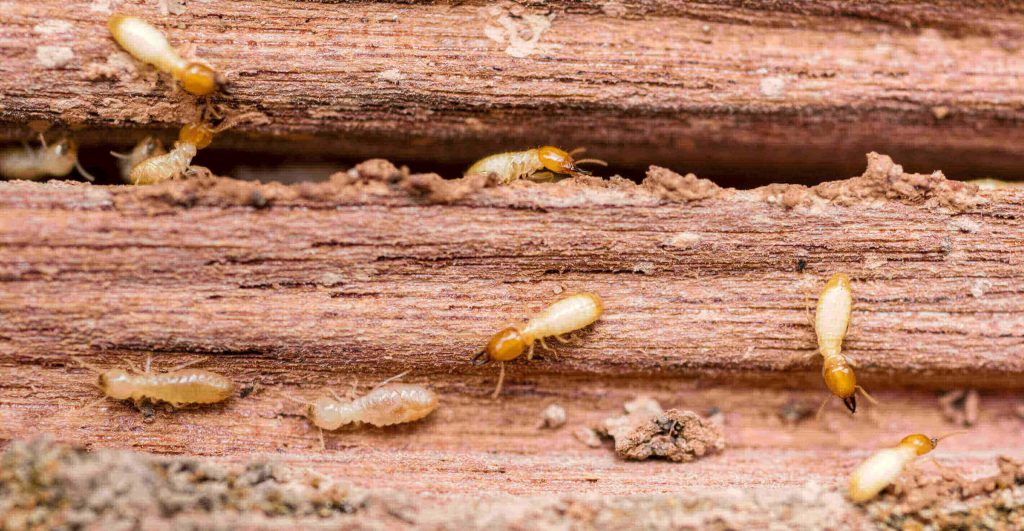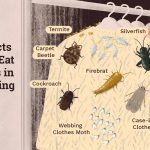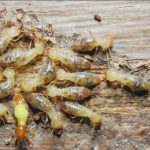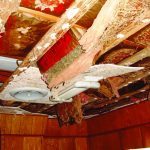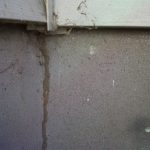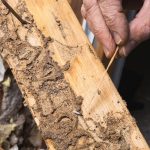Termite damage can be a major problem for homeowners in TN. From causing structural damage to destroying furniture, termites can wreak havoc on your home. That’s why it’s important to take preventive steps to protect your property from termite damage. In this article, we’ll provide tips on how to keep termites away and keep your home safe.
Types of Termites in Tennessee
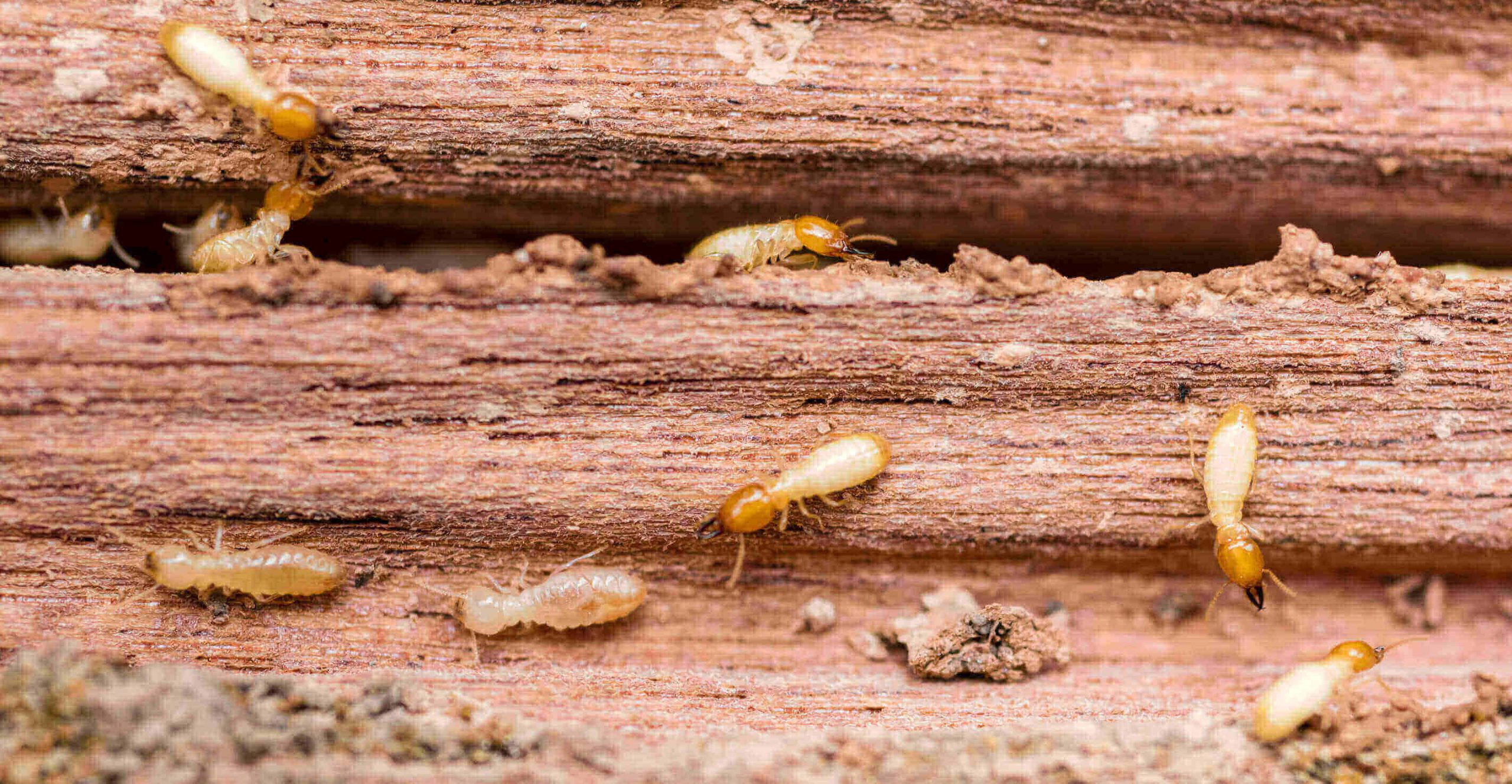
Tennessee is home to several species of termites. The most common species found in the state are subterranean termites, drywood termites, and dampwood termites. Subterranean termites are the most destructive type of termite in Tennessee, as they commonly colonize in homes and cause significant damage to wooden structures. These termites build their nests in the soil and travel through mud tubes to enter buildings. Drywood termites are also found in Tennessee, though they are not as destructive as subterranean termites. These termites colonize in dry, above-ground wood, such as structural beams, furniture, and wooden structures. Lastly, dampwood termites are the least destructive species of termites found in Tennessee. They typically colonize in damp or decaying wood, and are not known to cause significant damage to wooden structures.
Signs of Termites in Tennessee
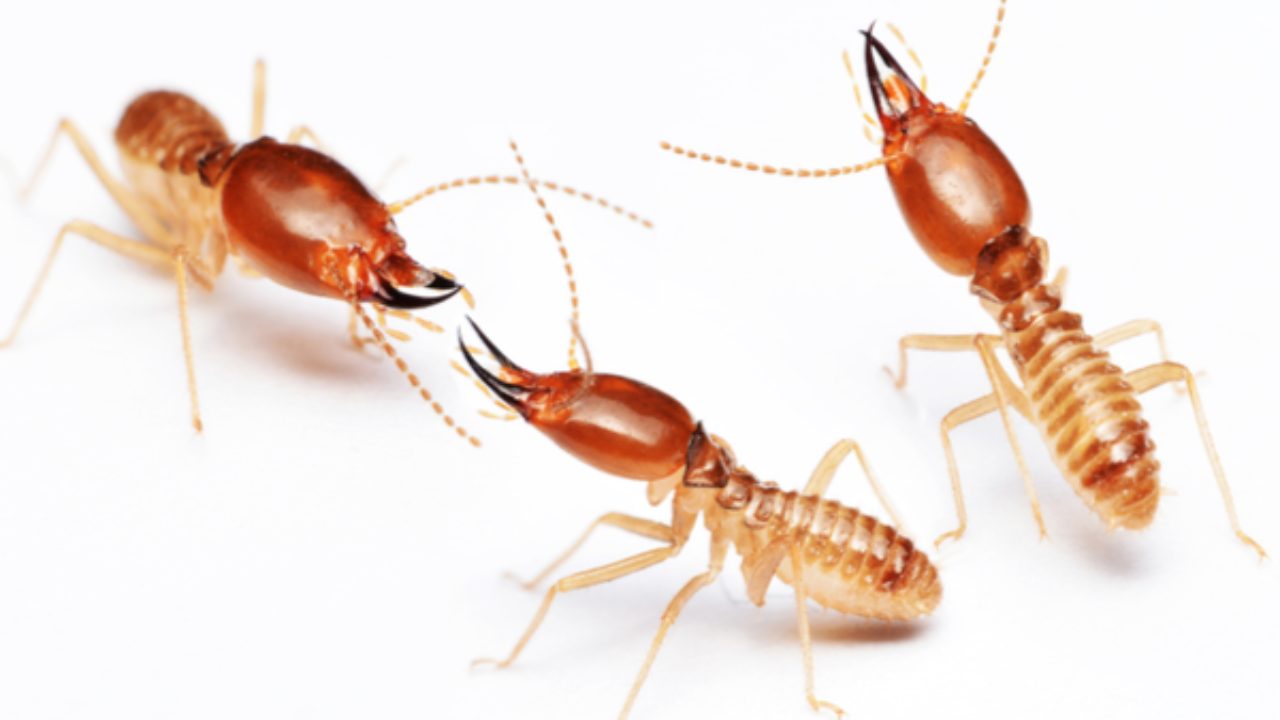
| Sign | Description |
|---|---|
| Mud Tubes | Termites construct mud tubes to bridge the gap between their food source and the soil. These tubes are visible on walls, foundations, and other surfaces. |
| Discarded Wings | When termites swarm, they leave their wings behind. These wings are small, but can be found near windowsills, doors, or wherever termites enter the home. |
| Damaged Wood | Termites tunnel through wood and often leave small, sawdust-like piles in their wake. These piles may be found near baseboards, door frames, and other areas where termites have infested. |
| Noise | Termites are often noisy, especially when they’re swarming. If a homeowner notices a clicking or buzzing noise in their walls, it could be a sign of a termite infestation. |
| Bubbling Paint | If a homeowner notices paint bubbling or cracking on their walls, it could be a sign of termites. This happens when termites have eaten away the wood underneath the paint. |
Damage Caused by Termites in Tennessee
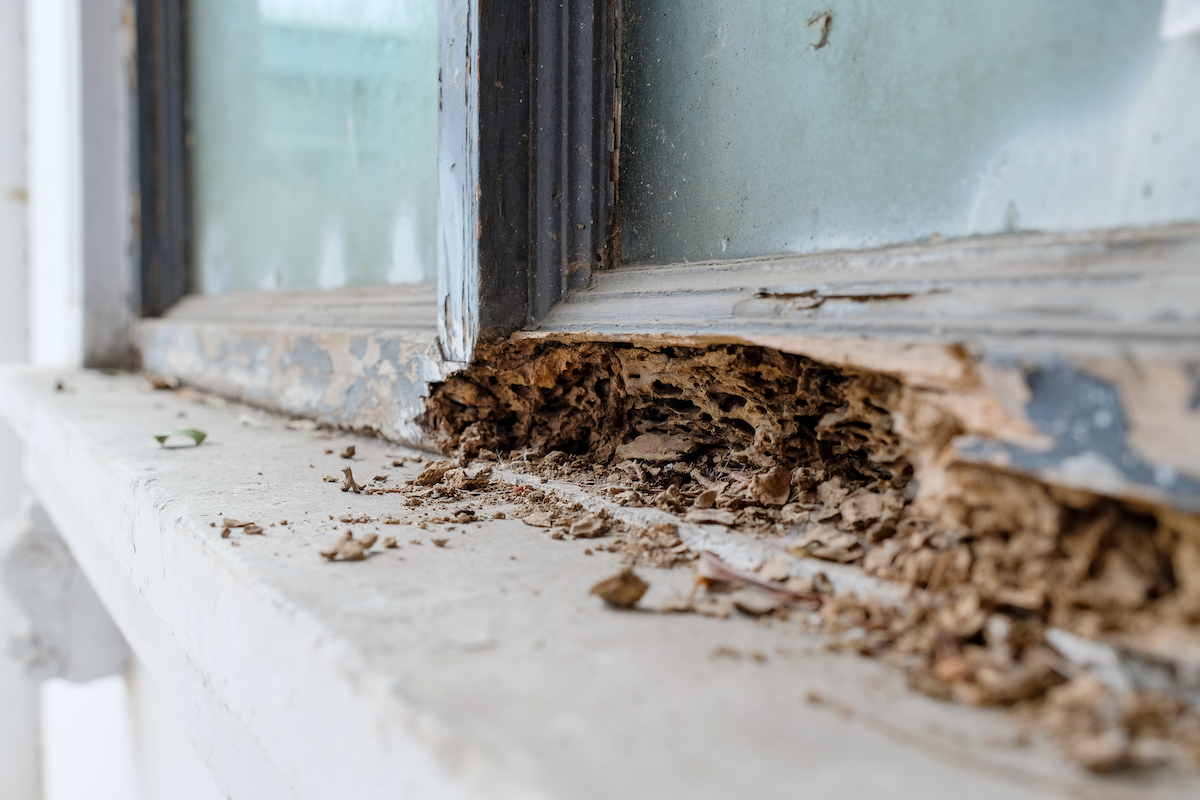
Tennessee is home to a wide array of termite species. In Tennessee, subterranean termites are the most common and destructive species. They feed on cellulose-based materials such as wood, paper, and fabric, and can cause serious damage to buildings and other structures.
| Type of Structure | Damage |
|---|---|
| Residential Buildings | Subterranean termites can cause extensive damage to the wooden structures of homes, including walls, floors, and ceilings. |
| Commercial Buildings | Termites can damage the wooden structures of commercial buildings, such as offices, restaurants, and warehouses. |
| Outdoor Structures | Termites can damage decks, fences, and other outdoor structures. |
| Furniture | Subterranean termites can damage furniture made of wood, fabric, and other cellulose-based materials. |
If left untreated, termite damage can lead to structural instability, safety hazards, and increased repair costs. It is important to inspect your home or business regularly for signs of termite activity and to contact a pest professional if you suspect an infestation.
Prevention of Termites in Tennessee
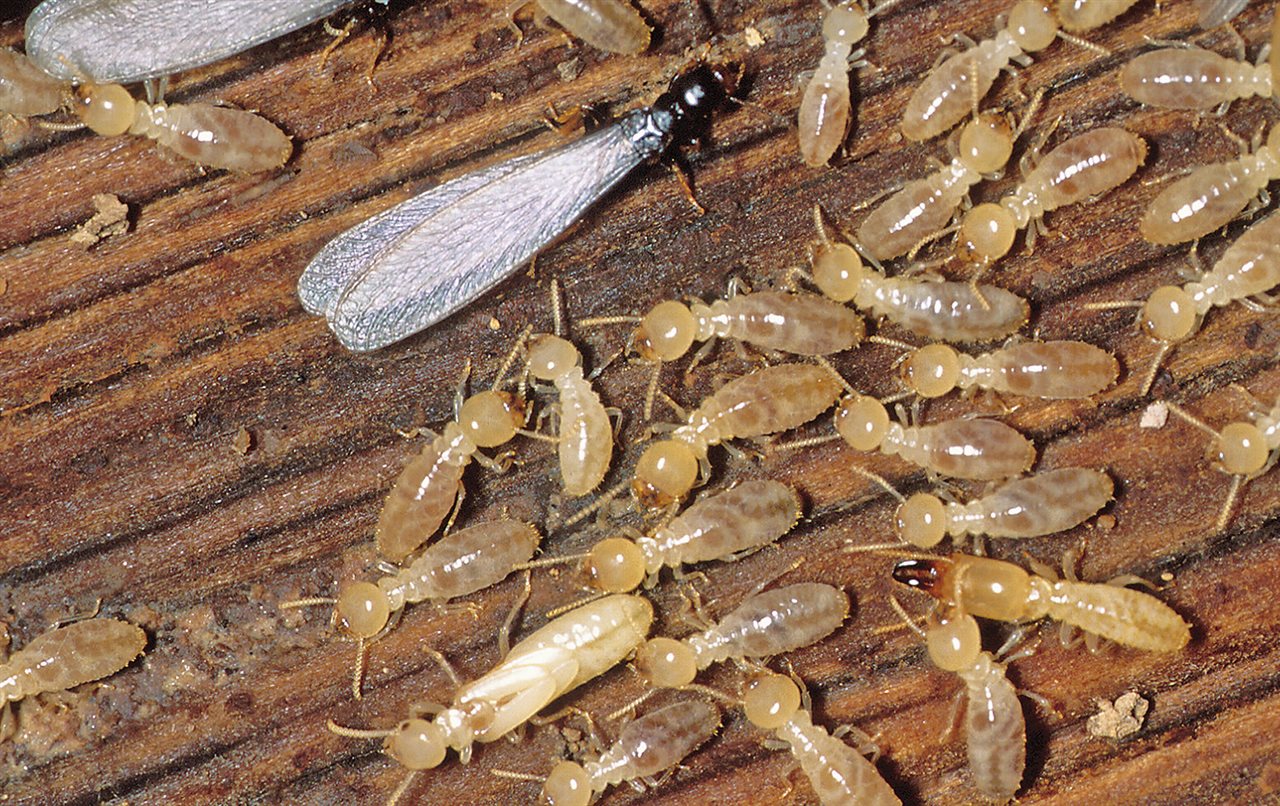
| Prevention | Description |
|---|---|
| Inspect the Home | Have a professional pest management company inspect the home for termites and other wood-destroying organisms. |
| Eliminate Moisture | Reduce humidity and eliminate sources of water such as leaking pipes and spouts, clogged gutters, and drainage problems. |
| Remove Debris | Remove wood debris and mulch from around the foundation of the home and prevent it from piling up against the structure. |
| Ventilate | Ventilate attics and crawl spaces. |
| Caulk and Seal | Caulk and seal windows and other openings around the home. |
| Treat Soil | Treat the soil around the foundation of the home with a termiticide. |
| Make Repairs | Repair any wood that is damaged by termites. |
It is important to take preventative measures to protect Tennessee homes from termites. These measures include inspecting the home for wood-destroying organisms, eliminating sources of moisture, removing wood debris and mulch from around the foundation, ventilating attics and crawl spaces, caulking and sealing windows and other openings, treating the soil around the foundation with a termiticide, and making repairs to any wood that is damaged by termites. Taking these preventative measures can help protect Tennessee homes from termite infestations.
DIY Termite Control in Tennessee
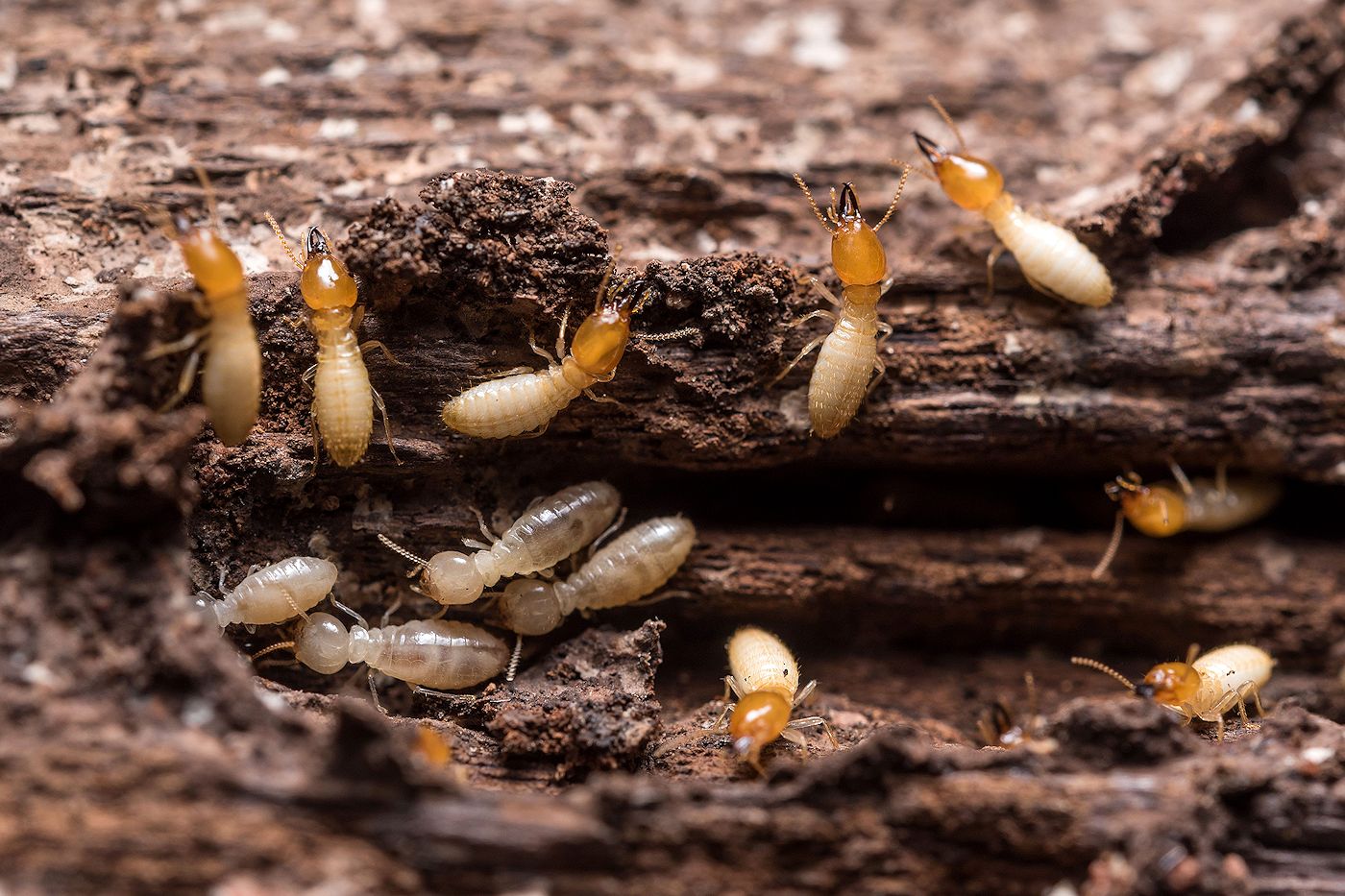
| Step | Description |
|---|---|
| 1 | Inspect your home for signs of termite activity, such as mud tubes, termite droppings, or other visible evidence of their presence. |
| 2 | Remove any sources of standing water near your home. |
| 3 | Reduce any sources of moisture in and around your home, such as clogged gutters or air conditioner condensation. |
| 4 | Make sure wood products in your home, such as firewood, are stored away from your home. |
| 5 | Reduce access points for termites to enter your home, such as by sealing cracks in foundation, sealing entry points for plumbing, and sealing around windows. |
| 6 | Treat your soil with a chemical insecticide, such as bifenthrin, to create a barrier around your home. |
| 7 | Treat wood directly with a wood preservative, such as borates. |
| 8 | Monitor your home for signs of termite activity. |
DIY termite control in Tennessee is possible and can be effective, but it requires diligence and patience. Homeowners should inspect their home for signs of termite activity, such as mud tubes, termite droppings, or other visible evidence of their presence. To reduce the likelihood of termite infestations, homeowners should remove any sources of standing water near their home, as well as reduce any sources of moisture in and around the home, such as clogged gutters or air conditioner condensation. Additionally, wood products should be stored away from the home. Homeowners should also reduce access points for termites to enter their home, such as by sealing cracks in foundation, sealing entry points for plumbing, and sealing around windows. To create an effective barrier around the home, homeowners should treat their soil with a chemical insecticide, such as bifenthrin, and treat wood directly with a wood preservative, such as borates. Finally, homeowners should monitor their home for signs of termite activity.
Professional Termite Control in Tennessee
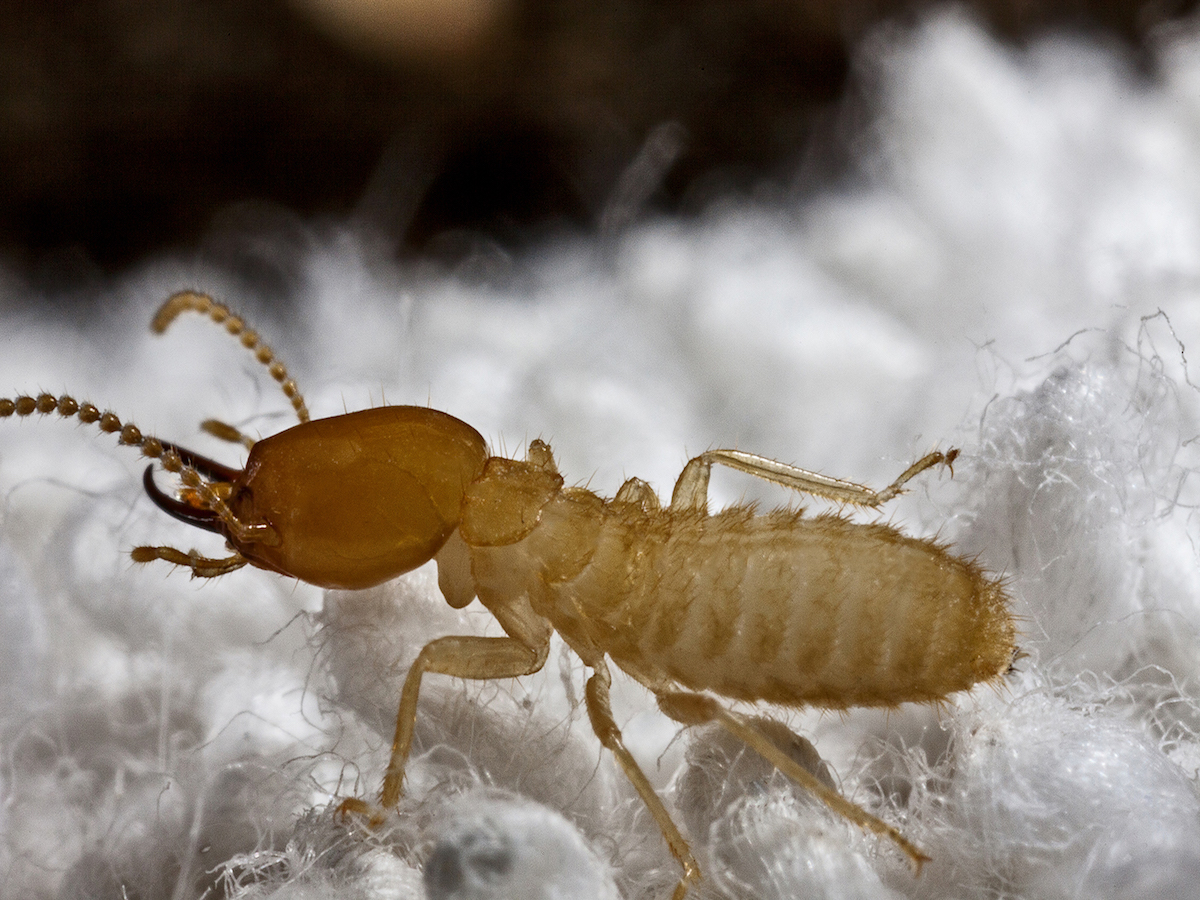
- Inspections – Professional termite control companies in Tennessee can inspect for potential problems and provide a written report of their findings.
- Baiting – This type of termite control requires the installation of bait stations around the perimeter of the home or building. The bait is then monitored on a regular basis to ensure any termite activity is detected quickly.
- Chemical Treatments – Professional termite control companies in Tennessee can inject chemicals into the soil surrounding the home or building. This creates a barrier that prevents termites from entering the structure.
- Fumigation – This type of termite control requires the entire structure to be sealed off and filled with a gas or vapor. This gas or vapor kills all termites that are present in the structure.
- Heat Treatments – Professional termite control companies in Tennessee can use heat to kill termites. This involves heating the entire structure to a temperature that is lethal to the termites.
Cost of Termite Control in Tennessee
| Service | Cost |
|---|---|
| One-Time Termite Control Treatment | $200 – $600 |
| Yearly Termite Control Treatment | $450 – $1,000 |
| Exterminator for Termite Infestation | $500 – $1,500 |
The cost of termite control in Tennessee varies depending on the type of treatment required. One-time termite control treatments typically cost between $200 and $600. Yearly termite control treatments, which are generally recommended to prevent an infestation, cost between $450 and $1,000. If an infestation has already occurred, it may be necessary to hire an exterminator, which typically costs between $500 and $1,500.
Legal Implications of Termite Control in Tennessee
- Tennessee requires a license for all pest control businesses, including those that provide termite control services.
- All individuals providing termite control services must be certified by the Tennessee Department of Agriculture.
- The Tennessee Department of Agriculture requires that termite control applicators be trained in the proper use of pesticides and safety protocols for applying them.
- Tennessee law requires that termite control companies keep records of all treatments, including the chemicals used, the date and location of the treatment, and the name of the applicator.
- Tennessee law requires that all termite control services be performed in accordance with the label instructions on the pesticide product.
- Tennessee law requires that the property owner be notified of any termite control services being performed.
- Tennessee law requires that termite control companies provide the property owner with a written report of the work that was done.
- Tennessee law requires that termite control companies maintain insurance to cover any damages incurred as a result of their services.
Frequently Asked Questions
What are the tell-tale signs of termites in Tennessee?
Termites in Tennessee can be identified by the presence of mud tubes, swarms of winged insects, damaged wood, and droppings. Mud tubes, which are made of soil and salivary secretions, can be found on wood, walls, and foundations of homes. Winged termites, sometimes referred to as “swarmers,” may be seen in large numbers around windows and doors. Damage to wood, such as hollowed out sections or swollen and blistered surfaces, is also a sign of a termite infestation. Finally, droppings, which are small, six-sided pellets, can be found on and around infested wood structures.
Are there any unique characteristics of Tennessee Termites?
Yes, Tennessee termites possess a few unique characteristics. One of the most notable is their ability to build their colonies from both wood and soil. This gives them more options for establishing a colony and helps them survive in different environments. Additionally, Tennessee termites are known for their large, well-organized colonies that can contain thousands of individuals. They also have an impressive ability to detect food sources from long distances.
What preventative measures can I take to protect my property from termite damage in Tennessee?
To protect your property from termite damage in Tennessee, it is important to keep the area around your home or building dry and free of debris. Ensure that the foundation is sealed properly and all potential entry points are sealed. Keep mulch, wood, and other organic materials away from the foundation. Regularly inspect your property for signs of termite damage and contact a professional if you suspect an infestation. Additionally, consider having a professional apply a termite barrier treatment to the soil around your home or building.
How do I know if there are termites in my home in Tennessee?
Signs of a termite infestation in a home in Tennessee include seeing the termites themselves, noticing mud-like tubes on walls or foundations, or witnessing swarms of winged termites around windowsills or the perimeter of the home. Other signs can include wood that sounds hollow when tapped and wood that is damaged by insect galleries. If any of these signs are present, it is important to contact a pest control professional in order to identify the infestation and treat it properly.
What should I do if I find termites in my property in Tennessee?
If you find termites in your property in Tennessee, it is important to act quickly to prevent further damage. Contact a licensed pest control professional as soon as possible to assess the extent of the infestation and develop a plan for treatment. The pest control professional may use a combination of baiting, liquid treatments, and/or fumigation to eliminate the pests. It is important to follow the treatment plan and any instructions provided by the professional to ensure the termites are properly eliminated. Additionally, you may choose to take preventative action such as making sure wood piles are kept away from the foundation, sealing cracks and crevices, and maintaining proper drainage away from your property.
Conclusion
Termites can cause serious damage to your home in Tennessee. The best way to protect your property is to have regular inspections for termites and to implement preventative measures such as sealing cracks and crevices, maintaining moisture levels, and eliminating sources of food and water for the pests. In addition, you should contact a pest control professional immediately if you suspect termite activity. By taking these proactive steps, you can help ensure that your home remains termite-free.
